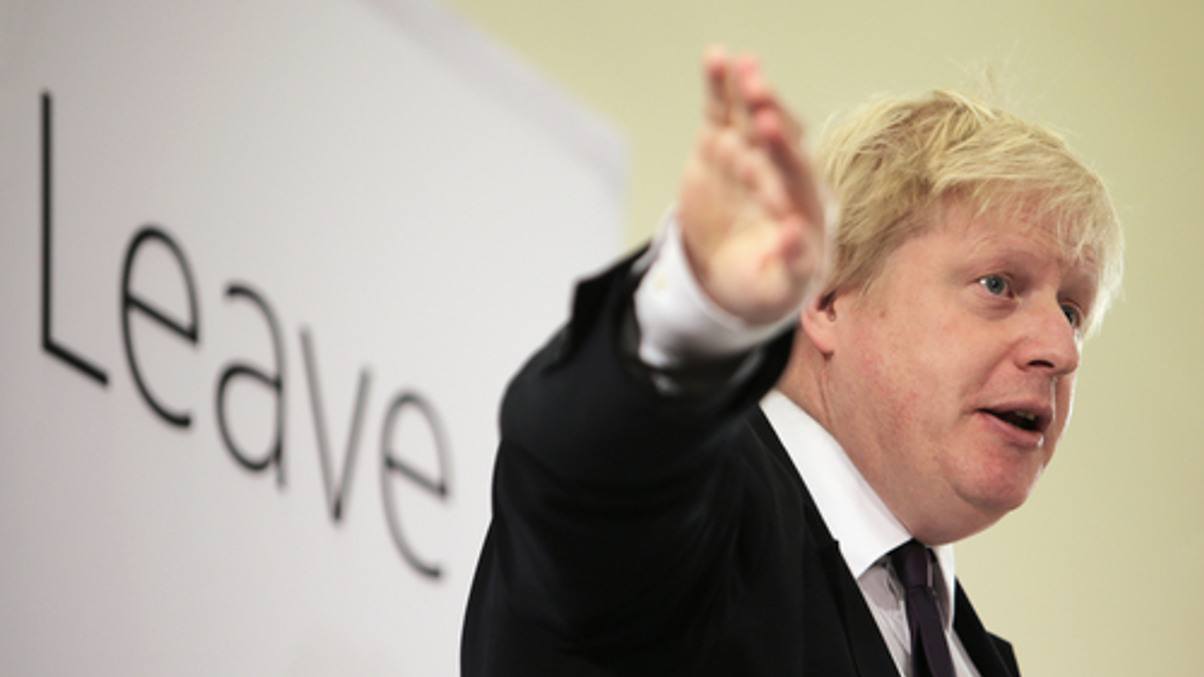Investors react to exit of UK government big-hitters
Investment professionals comment on the departures of Boris Johnson and David Davis this week. This has sparked yet more uncertainty, but could UK credit be a good bet?

The resignations of UK foreign secretary Boris Johnson, Brexit secretary David Davis and other Conservative MPs this week appear to suggest a ‘soft’ Brexit is likely – but in practice they have left investors even less certain about the likely form of any deal between Britain and the European Commission.
Sign in to read on!
Registered users get 2 free articles in 30 days.
Subscribers have full unlimited access to AsianInvestor
Not signed up? New users get 2 free articles per month, plus a 7-day unlimited free trial.
¬ Haymarket Media Limited. All rights reserved.


